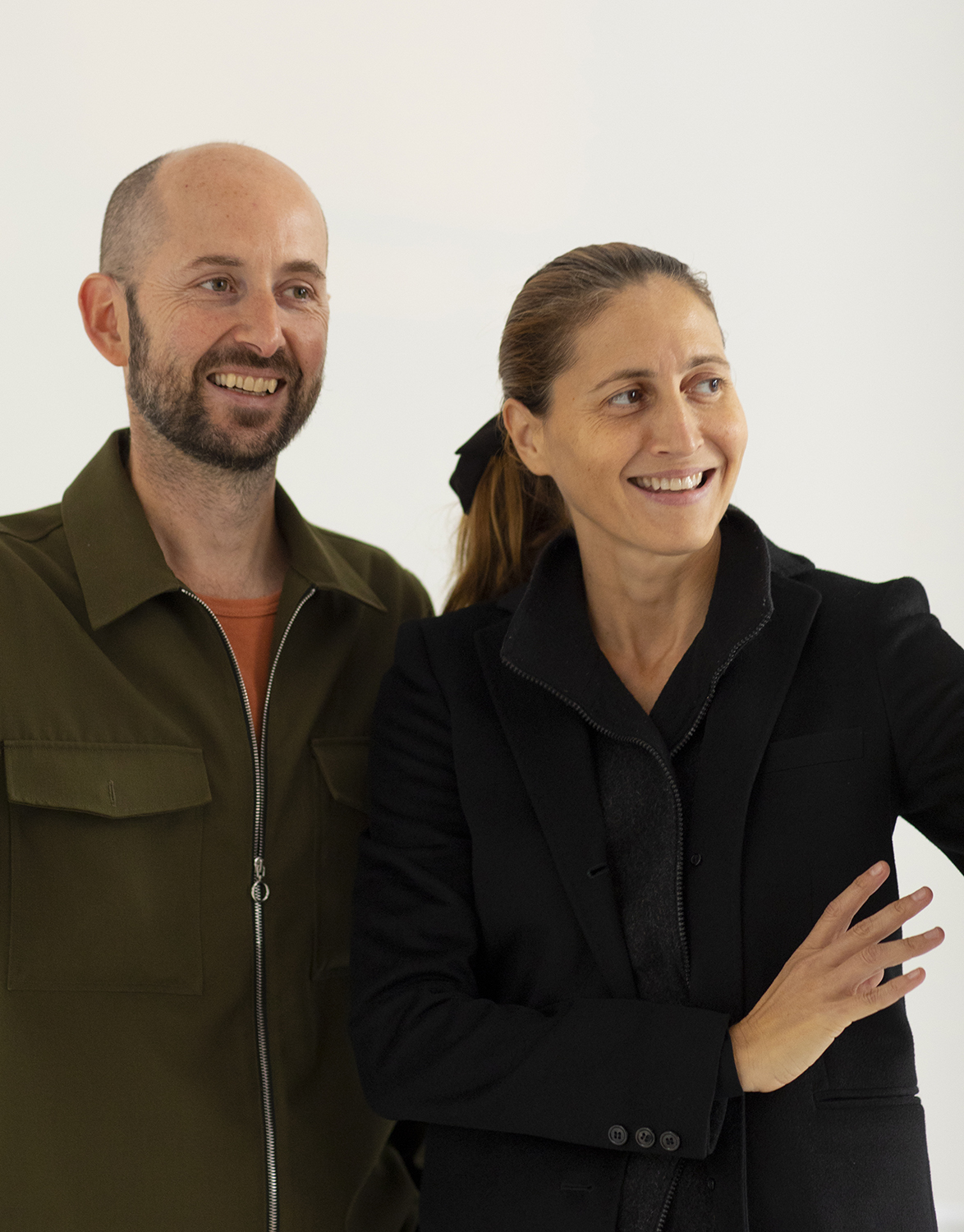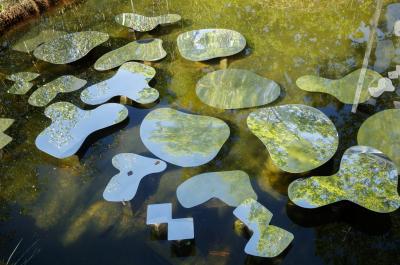03. Le jardin du Verstohlen
Garden by Cynthia Fleury and Antoine Fenoglio

DESIGNERS

Cynthia Fleury is a philosopher and psychoanalyst. She is professor and holder of the Humanities and Health Chair at the National Conservatory of Arts and Crafts (CNAM), associate professor at the Higher National School of Mines in Paris (Mines-ParisTech), and holder of the Philosophy Chair at Sainte-Anne Hospital in the Paris Psychiatry and Neurosciences University Hospital Group (GHU). After an initial focus on politics and democracy, her research took a new turn following her contact with psychanalysis and is now mainly concerned with ethical questions. The author of Le Soin est un humanisme (Care Is a Humanism. 2019), she is one of France’s he best-known advocates of a “society of care”. In 2022, she joined forces with the designer Antoine Fenoglio to co-author the booklet Ce qui ne peut être volé. Charte du Verstohlen (What Cannot Be Stolen. The Verstohlen Charter), published by Tracts-Gallimard. Cynthia Fleury is also a founding member of the International Network of Women Philosophers, sponsored by UNESCO.
Antoine Fenoglio is a designer. Along with Frédéric Lecourt, he cofounded the Les Sismo collective, which specialises in the connections between design and the ethics of care, taking three approaches that can be complementary or independent: initiating change, mastering responsible creation, and “de-risking” the future. In 2018, Antoine Fenoglio and Cynthia Fleury cofounded the “Design with Care” seminar at the National Conservatory of Arts and Crafts (CNAM), Humanities and Health Chair. This monthly rendezvous explores the links between design, ethics and philosophy. Antoine Fenoglio is also Director of Design, Experimentation and Deployment at the Paris Psychiatry and Neurosciences University Hospital Group’s Philosophy Chair. In 2022, he and Cynthia Fleury co-authored Ce qui ne peut être volé. Charte du Verstohlen (What Cannot Be Stolen. The Verstohlen Charter), published by Tracts-Gallimard, founding text for a “clinic of the real enabling us to meet the challenges of transformation necessary to the contemporary world”.





